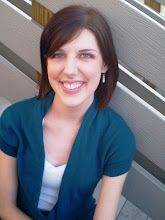




Here are some excepts from my flipbook. It ended up turning out well I think. It was drawn in a "Grapes of Wrath" book and was all about a grape that comes to life and eats people. It then turns back into and bundle of grapes and finally a glass of wine.
I listened to a radio broadcast on otr.com. It was Flash Gordon based on the comic. I can tell how important music was to drive the plot and dictate the mood. It served to make the story engaging to the audience. Many of the characters had very distinct voices or accents so that it was easy for the audience to know who was talking. The villain had a deep, sinister voice. Flash Gordon's voice was strong and confident. Sound effects like explosions were used whenever appropriate and the narrator filled in any information that was lost in the dialogue. So much was done in an effort to convey a story when simple visuals weren't there for the audience to see the action. It's almost hard to listen to having grown up in such a visual age where TV is much more common. I, like much of society today, have a harder time keeping my attention on something where visuals are not presented to me.
